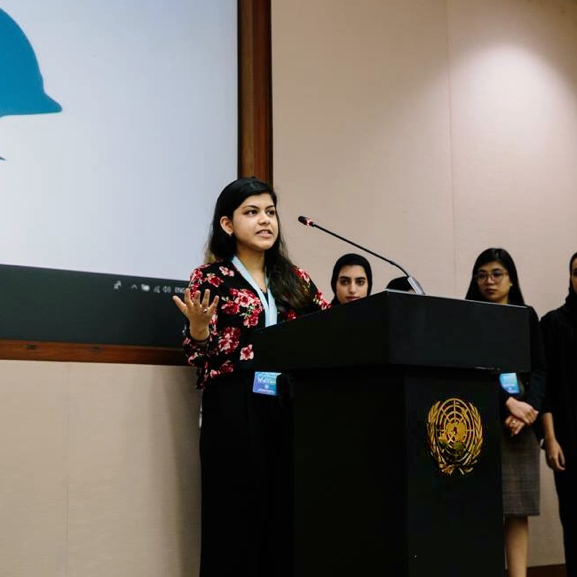Meat-free Mondays: are they okay?
An anonymous comment writer thinks that all the fuss about meat free Mondays is overblown.
What possible change on campus this new year could spur so many people to respond with anger? What possible subject, requiring no effort on most anyone’s part could cause hordes to descend upon Imperial’s most popular social media platform at Imperial College Exposed to express their outrage? Of course, it’s reducing how much meat we eat. Of course.
If anything has been made clear by the trial of meat free Mondays so far (of which there will have been only two by this newspaper’s release) it’s that many people are angry. Many students perhaps understandably feel that their lifestyle and identity is under attack. Less understandable is how eating meat is so key to their identity, and even less intelligible is how one or at most two meals without meat a week constitutes an attack on said senseless identity.
The second thing that has become clear is that this is apparently the fault of “the vegans”. Not the WHO’s, who have clearly stated that meat consumption is tied to cancer risk. Nor is it the IPCC environmental scientists’ fault, despite the demonstrably high impact of animal agriculture on climate change which, it may be worth remembering, is something we need to solve soon before we leave our planet uninhabitable for the next generation. No. It is clearly the vegans who are at fault. The vegans must be in control, because why else would there be no meat nor dairy nor fish on campus on Mondays. Except there’s still fish. And all the dairy. And sandwiches aren’t even included in meat free Mondays.
Perhaps if it weren’t for the incessant muddying of waters with regards to infringement of personal freedoms and social responsibility, as found in the American question of guns as well as other endless political debates, then it might be easier to tolerate people being so pathetically whiny about meat free Mondays. Unfortunately, eating less meat isn’t just a question of personal preference or how much you’re willing to do for the environment. It’s not enough anymore, if it ever was, for some people to stop eating meat once a week. We need societal change because, face it: you live in a society. We all live on the same dying blue dot. My not eating meat means nothing if you keep doing all the clearly harmful things to environment that are as easy to solve as this. If you need help changing, I’m here to help. If you’re unwilling to change, it makes no sense for everyone else to sit around and watch you mess things up for the rest of us. You need to change as much as anyone else.
So, are meat free Mondays okay? Well, they’re the smallest step in the right direction that we should be happy to support. It’s one meal a week, people, and it’s only pescatarian. What’s not okay is how pathetic and incapable some people seem to be when presented with vegetarian food.






